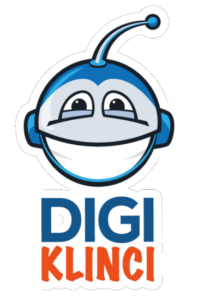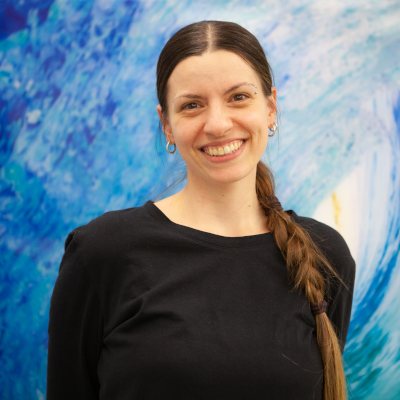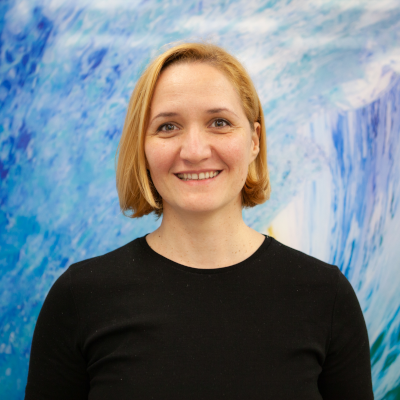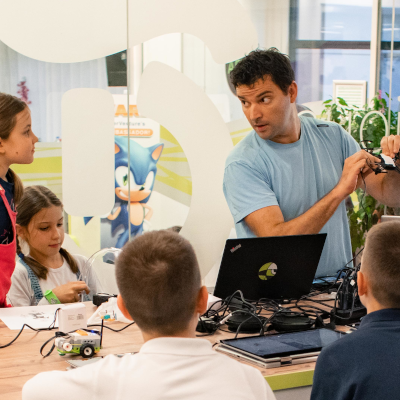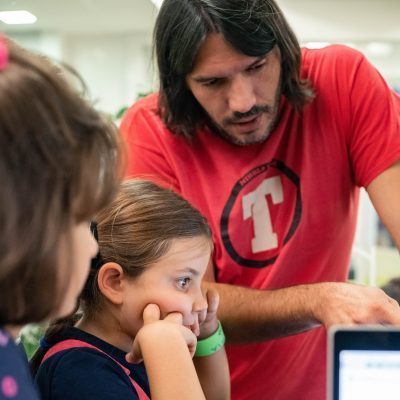OUR LITTLE STORY
OPENING DAY
In 2019 we started an offline schools of robotics and programming for the youngest. Our vision is to inspire a new generation of thinkers, inovators and creators of tommorow. We use technology as a building material, programming and physical computing and help our kids express their creativity, ideas and make an impact.
150 LITTLE PEOPLE
By the early 2020, we learned that both kids and parent love our versatile, pratical approach of connecting different type of knowledge and making an impact in the real world. We reached a 30 consequitive groups, totalling in in 150 kids that attend our lessons and programming animations, stories, games and musical projects in Scratch, but also phyiscal devices such as drones, micro:bit, lego robots, and many more.
THE PANDEMICS
During March 2020, due to the Covid pandemics, we had to close temporarily and move our activities online. We have gracefully ported the programming sections of our courses, and enriched them with unplugged lessons that can engage parents as well. However, we lost a way to perform physical computing and this is something that we we’re not willing to settle for.
ROBOTICS ONLINE
In December 2020 we started to work and solve a problem, how to teach kids to program robots and other physical devices remotely, without the need to own any of those
DIGI KIDS CLOUD ROBOTICS
Finally, April 2021, we have founded a startup, Digi Kids Cloud Robotics. Our mission is to deliver the best teachers, curriculums, and tools and enable remote programming courses toghether with physical computing that doesn’t require owning expensive robots.
Meet Our Teachers
Meet the Founders
What Parents Say

“I don’t know much about programming, but I do know that it develops logical reasoning. Working with Bojana, alongside his other team mates from the group, David has aquired new skills, and some serious knowledge. All the while having great fun”
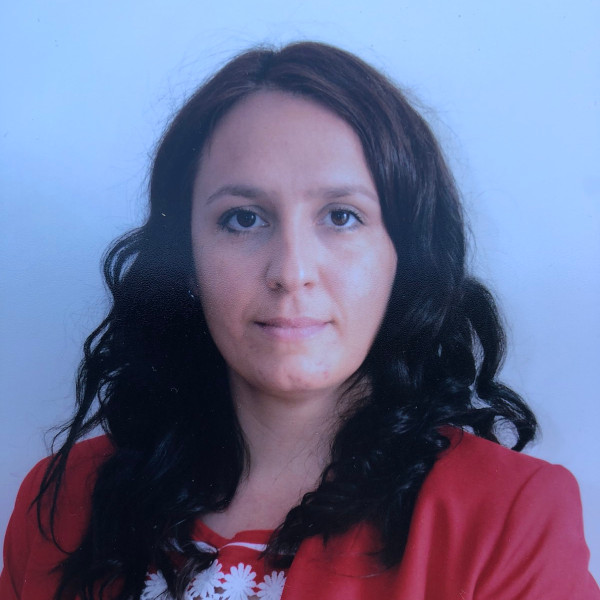
“Teacher Ana (as kids call her) is loving, carring, full of ideas and enthusiasm, and is completely devoted to kids. When explaining complex concepts, she uses real life examples that they can relate to.”
